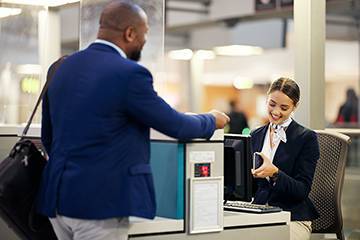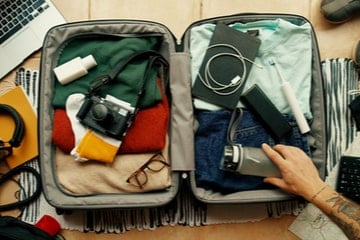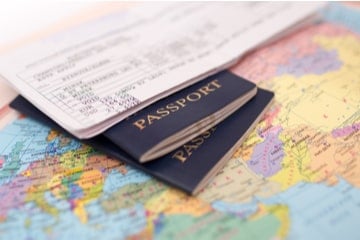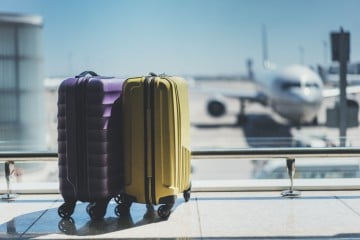Travel insurance can give you that extra bit of protection if something goes wrong. You can usually claim for medical expenses, personal injury, cancellations or delays and lost or stolen baggage. Read our guide below on how to make a claim as hassle-free as possible. So, there's less for you to worry about.
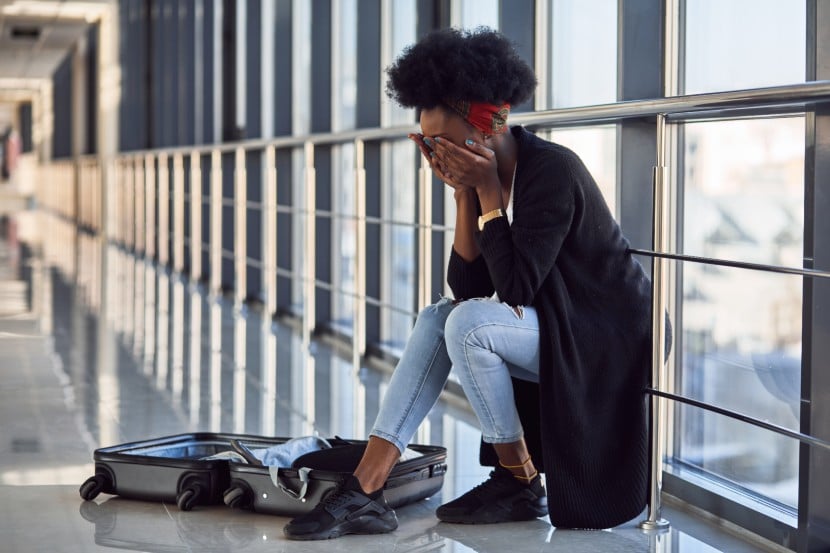
How do I make a claim on my travel insurance?
To claim on your travel insurance, you'll first need to have correct documentation with you. Make sure you have copies of your passport, visa, flight details and your travel insurance policy and take a copy of them with you. Leave another copy of your papers in a secure place, perhaps with a family member back home. Make a note of your insurers emergency contact number too.
This process can vary depending on your insurer and the type of claim you're making. But generally, if you need to make a travel insurance claim, you'll need to:
- Contact your insurer as soon as possible. You should also contact the relevant authorities if you need too - you might need to do this if your belongings are stolen.
- Collect supporting evidence for your claim, for example photos or any crime details the country's police force has given to you.
- Give your insurer accurate and truthful information. The more information you give them, the easier it is for the insurer to assess your claim and the quicker you’ll likely be paid.
Some insurance claims are quickly settled over the phone. Others will require you to fill in forms and include or attach copies of all documentation you think may be relevant.
Many insurers allow you to submit forms online but if you’re sending yours in the post, keep your own copy of all supporting documentation and send it by special delivery so it’s signed and recorded.
If you're unsure of the quickest way of getting in touch with your insurer, you usually will find a telephone number and information about making a claim on your policy documents.
How do I claim for flight delays and cancellations?
If your journey is delayed because your flight was cancelled, for example, you usually need written confirmation from your tour operator or carrier. Ideally, you'll need to get this at the time of the delay.
If that’s not possible, as soon as you are home, chase the carrier for a document explaining the delay.
The longer you leave it the more complicated it can be and you'll need proof of the delay to validate your claim. Airlines usually give compensation if the cancellation is the airline's responsibility, but it's worth checking with the airline company you fly with.
How do I make a claim for medical emergencies?
Keep your insurer’s emergency phone number and your travel insurance policy number handy in case you fall ill or have an accident and need to call while on holiday.
If you’re travelling with someone else, give them a copy of the details, as it may be that you’re unable to make the phone call.
For routine non-emergency out-patient care or routine treatments costing less than a few hundred pounds it’s likely you will need to pay the upfront costs.
Keep all of the receipts so you can claim the money back later, once you’re home.
For major expenses, contact your insurer as soon as possible. Use the emergency number and give as many details about your condition and likely treatment as you can.
If you need follow-up care, you may need to speak to your insurer at each stage, to ensure the costs (excluding any excess) will be met.
Keep hold of any papers that the hospital or clinic gives you. Check medical reports are signed and dated and they have the address of the place you were given medical treatment.
When you're home, you may want to call your local doctors to inform them of the medical event.
How do I report a crime while on holiday?
If you’re a victim of a crime during your holidays, to make a claim, you’ll need to get a local police report within 24 hours of the incident.
It’ll be difficult to sort this out once you get home and most insurers won’t pay up unless you’ve reported the incident to the police.
It’s hard to think straight when things go wrong but fill in all documents accurately and keep hold of the contact details of the people you spoke to.
Compare travel insurance


